The first leaders for peace and unity in Africa training on the project together for a new Africa for young African leaders bringing together 105 participants from East and central Africa held in Nairobi ended with a clear commitment to promote Responsible citizenship for a new Africa.
The Idea of Together for a New Africa spearheaded by Dr. Melchior Nsavyimana currently a professor at the Catholic University of Eastern Africa and a former student of Sophia University was born in Sophia University Located in Florence Italy. This was after two African students studying there were convinced that the culture of fraternity and unity promoted at the university might perhaps be used as a tool towards a new Africa. Moreover, they were persuaded that the culture of fraternity could be a great instrument to use in addressing various challenges facing the African continent today.
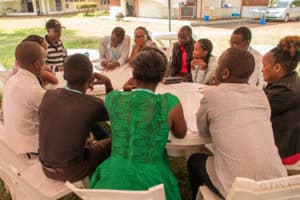
In addition, the aim of the training intends to empower young people in Africa and enable them to face the challenges of their continent by molding them to be active global citizens and leaders of the new Africa. In this way, they can contribute extensively in strengthening the civil society and politics by instilling in them the culture of universal fraternity in conformity with the mission of UNESCO, the African Union’s Agenda 2063 and the United Nation’s Development Goals.
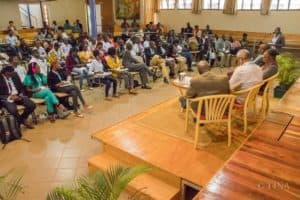
Facilitators who facilitated the first part of the training were professors drawn from various universities within the region Led by Professor Justus Mbae, former vice chancellor The Catholic University of Eastern Africa together with other professors from Sophia University in Italy led by Professor Daniela Ropelato, the vice President Sophia University Institute
“Responsible citizenship for the Africa we want’ was the theme for the first course and the programme was divided into five sessions:
Session 1: Interdisciplinary Foundations: Anthropological, Historical, Cultural Religious Perspectives
Session 2: Africa in the World Today: An overview of today’s Africa, The past and possible future for the continent
Session 3: Traditions and Modernization: Sociological Perspective, Philosophical Perspective, Villages, and Megacities
Session 4: Manipulating Identities: Religion, Conflict, Ethnicity, Political Overview
Session 5: Evaluation with lecturers, students, and tutors. Planning of the local activities in the various countries and adjustments to the curriculum.
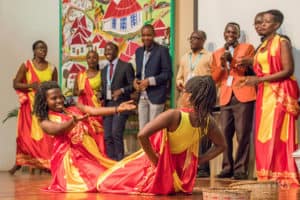
During the last day of the training, participants were issued with certificates of participation as a proof that they have taken part in interdisciplinary, intercultural and multi-perspective training paths for global citizen and new leaders for Africa, driven by traditional and modern values of universal fraternity and the common good.
Partners in this global initiative include New Humanity, Kenya National Commission for UNESCO, Sophia University Institute, Focolare Movement and many more.
The Second course will take place between December 2019 and January 2020 with the same participants taking part.

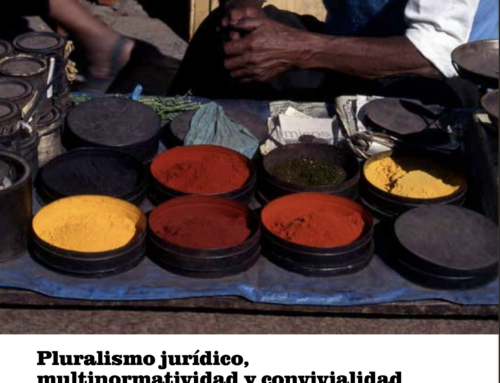
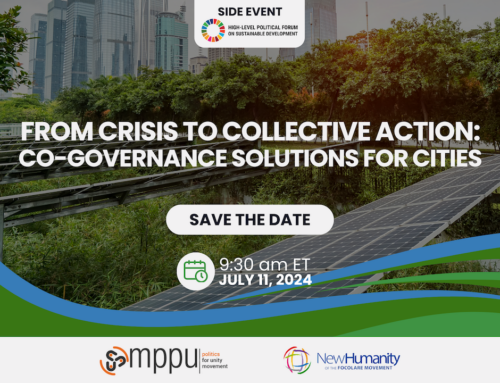

Leave A Comment